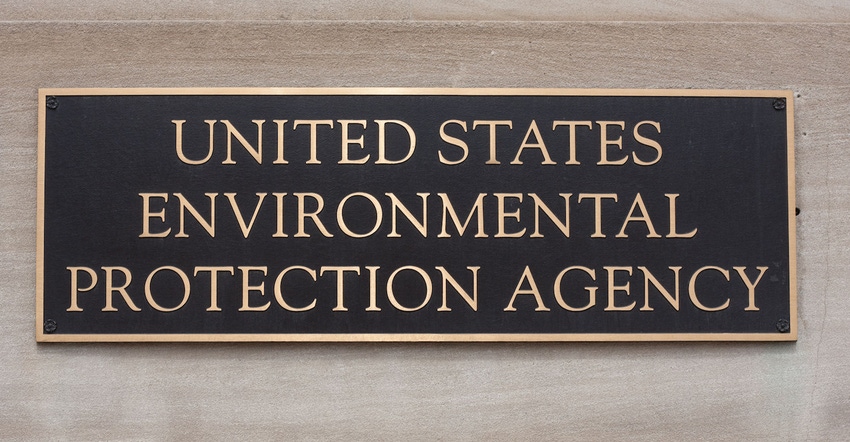
In October, Environmental Protection Agency administrator Scott Pruitt promised Midwest senators he would deny a change to the point of obligation for compliance with the Renewable Fuels Standard (RFS). Pruitt made good on his promise Nov. 22 when the Federal Register noted that it was denying the petition from several refiners.
The petitioners argued, among other things, that shifting the point of obligation to parties downstream of refiners and importers in the fuel distribution system would align compliance responsibilities with the parties best positioned to make decisions on how much renewable fuel is blended into the transportation fuel supply in the United States. Some of the petitioners further claimed that changing the point of obligation would result in an increase in the production, distribution, and use of renewable fuels in the United States and would reduce the cost of transportation fuel to consumers.
EPA received over 18,000 comments on the proposed denial, including comments from the petitioners, stakeholders, and individuals supporting the request that EPA change the point of obligation for the RFS program, as well as from many stakeholders and individuals supporting EPA’s proposed denial and reasoning.
In evaluating this matter, EPA’s primary consideration was whether or not a change in the point of obligation would improve the effectiveness of the program to achieve Congress’s goals, the agency said.
“EPA does not believe the petitioners or commenters on the matter have demonstrated that this would be the case. At the same time, EPA believes that a change in the point of obligation would unnecessarily increase the complexity of the program and undermine the success of the RFS program, especially in the short term, as a result of increasing instability and uncertainty in programmatic obligations.”
EPA went on to note that they believe the current structure of the RFS program is working to incentivize the production, distribution, and use of renewable transportation fuels in the United States, while providing obligated parties a number of options for acquiring the RINs they need to comply with the RFS standards.
“While we do not anticipate a benefit from changing the point of obligation, we do believe that such a change would significantly increase the complexity of the RFS program, which could negatively impact its effectiveness,” EPA added.
POET CEO Jeff Broin welcomed the decision and said by maintaining the point of obligation for the RFS, the EPA is allowing the system to continue to work as designed. “The RFS works, evident from the numerous benefits it allows Americans to enjoy today: cleaner air, fewer carcinogens in gasoline, lower fuel costs and increased energy independence. President Trump has vowed to preserve the RFS. I applaud the President and EPA for standing up to special interest groups within the oil industry who seek to undermine American-made biofuels,” Broin said.
Growth Energy CEO Emily Skor said, “This one-sided handout would have added regulatory red tape, created havoc in the marketplace, and denied consumers access to more affordable fuels with higher blends of biofuels like E15. Growth Energy has led the charge to oppose this effort from the very beginning, and we are grateful to our allies in Congress and to Administrator Pruitt for working with us to protect over 12 years of investment under the RFS.”
About the Author(s)
You May Also Like






